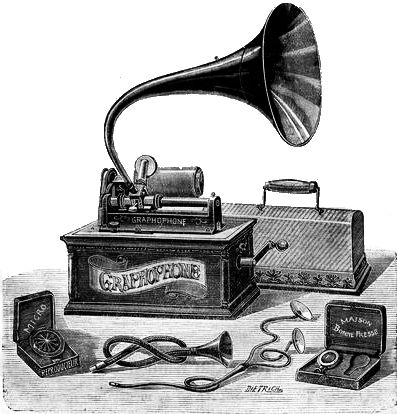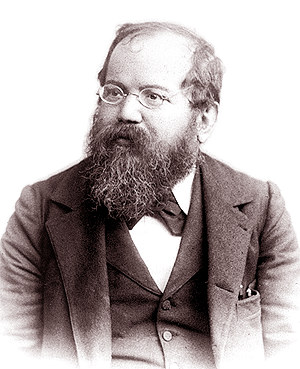In his Book of Good Love (1330), Juan Ruiz tells of a silent debate between Greece and Rome. The Romans had no laws and asked the Greeks to give them some. The Greeks feared that they were too ignorant and challenged them first to prove themselves before the wise men of Greece. The Romans agreed to a debate but asked that it be conducted in gestures, as they did not understand the Greek language. The Greeks put forward a learned scholar, and the Romans, feeling themselves at a disadvantage, put forward a ruffian and told him to use whatever gestures he felt inspired to make.
The two mounted high seats before the assembled crowd. The Greek held out his index finger, and the Roman responded with his thumb, index, and middle fingers. The Greek held out his open palm, and the Roman responded with a fist. Then the Greek announced that the Romans deserved to be given laws.
Each side then asked its champion to explain what had happened.
They asked the Greek what he had said to the Roman by his gestures, and what he had answered him. He said: ‘I said that there is one God; the Roman said He was One in Three Persons, and made a sign to that effect.
Next I said that all was by the will of God; he answered that God held everything in his power, and he spoke truly. When I saw that they understood and believed in the Trinity, I understood that they deserved assurance of [receiving] laws.’
They asked the hoodlum what his notion was; he replied: ‘He said that with his finger he would smash my eye; I was mighty unhappy about this and I got mighty angry, and I answered him with rage, with answer, and with fury,
that, right in front of everybody, I would smash his eyes with my two fingers and his teeth with my thumb; right after that he told me to watch him because he would give me a big slap on my ears [that would leave them] ringing.
I answered him that I would give him such a punch that in all his life he would never get even for it. As soon as he saw that he had the quarrel in bad shape, he quit making threats in a spot where they thought nothing of him.’
Ruiz writes, “This is why the proverb of the shrewd old woman says, ‘No word is bad if you don’t take it badly.’ You will see that my word is well said if it is well understood.”
(From Laura Kendrick’s The Game of Love, 1988.)









